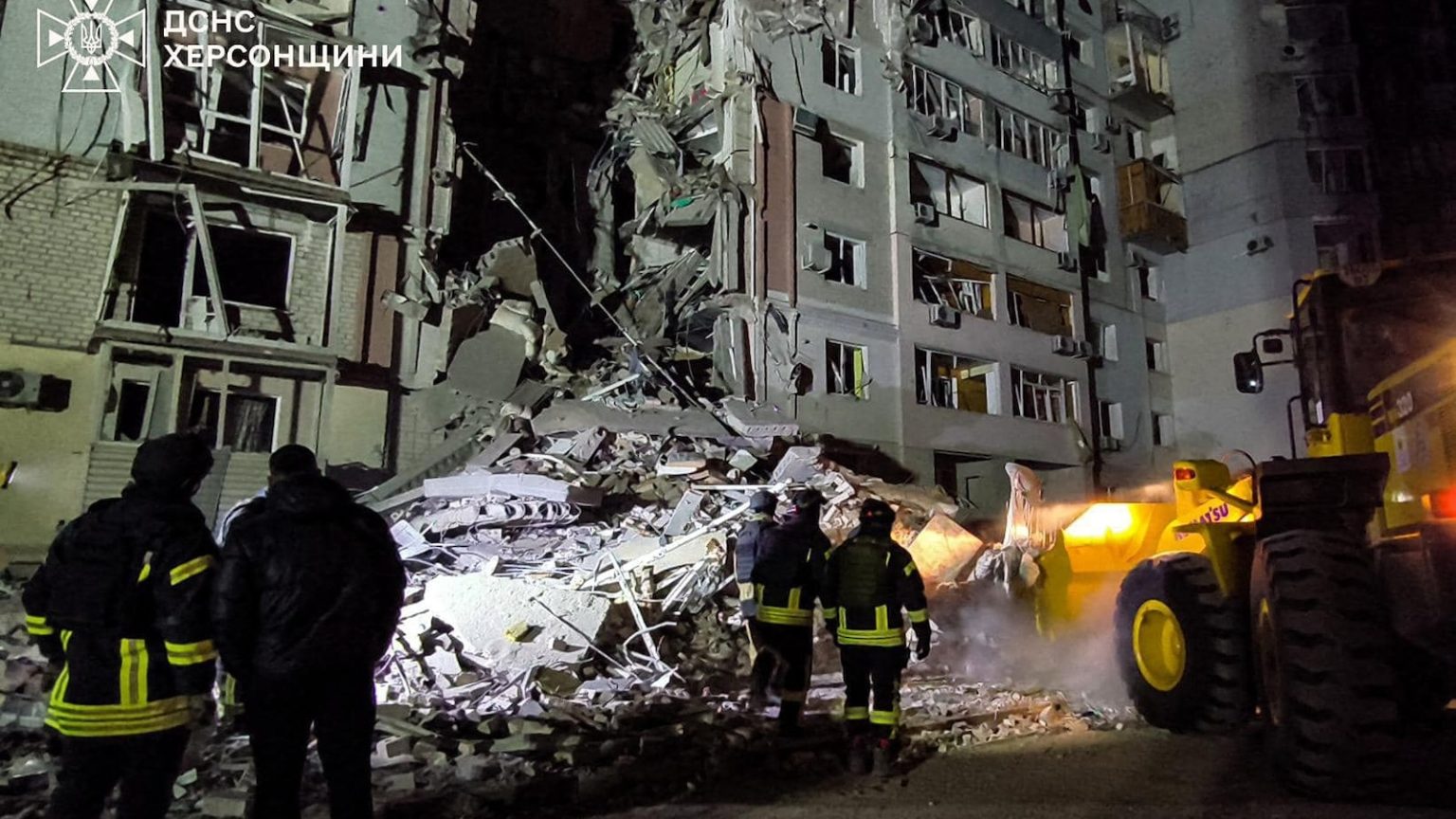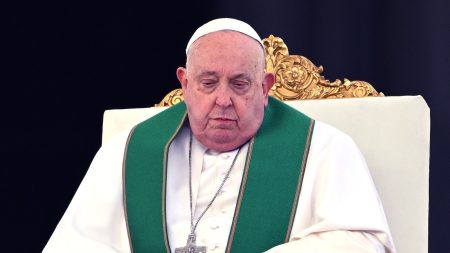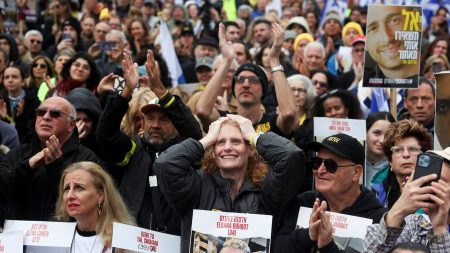Resumption of Diplomatic Talks: A New Hope for Peace in Ukraine
After a prolonged period of strained relations, officials from the United States and Russia have agreed to resume diplomatic talks, marking a potential turning point in efforts to end the ongoing war in Ukraine. According to a senior Russian official, the two sides will meet again within two weeks in a neutral third country, building on their recent discussions in Saudi Arabia. This development comes after more than three years of severed communication, raising hopes that dialogue might pave the way for a diplomatic resolution to the conflict.
The talks are part of a broader initiative to address what Deputy Foreign Minister Sergey Ryabkov described as "irritants" in the U.S.-Russia relationship. While the exact location of the upcoming meeting remains undisclosed, the mere fact that both sides are willing to engage in face-to-face discussions is a significant step forward. Ryabkov emphasized that the initial meeting in Saudi Arabia laid the groundwork for further consultations, with department heads from both nations set to meet first to outline the agenda for higher-level negotiations.
Russia and the U.S. Align on Diplomacy, But Differences Remain
The Kremlin has expressed its alignment with the Trump administration’s stance that the Ukraine war should be resolved through diplomatic means. Dmitry Peskov, the Kremlin’s spokesperson, underscored the importance of establishing peace as soon as possible, a sentiment echoed by former U.S. President Donald Trump. However, Trump’s recent remarks labeling Ukrainian President Volodymyr Zelenskyy as "a dictator" and questioning his legitimacy have sparked controversy, potentially complicating the diplomatic landscape.
Peskov criticized the Biden administration for failing to initiate a peaceful process, contrasting it with the Trump administration’s emphasis on negotiation. Despite these accusations, the U.S. has continued to play a key role in shaping international responses to the conflict. A recent draft resolution circulated by the U.S. mission to the United Nations marks the three-year anniversary of the war’s onset, though it notably avoids assigning blame to either side. This cautious approach reflects the delicate balance the U.S. is striving to maintain as it navigates its relationships with both Russia and Ukraine.
The Saudi Arabia Talks: Russia’s Demands and NATO’s Response
The negotiations in Saudi Arabia revealed Russia’s enduring priorities in the conflict. According to Cristian Diaconescu, a senior Romanian official, Russia reiterated its demand for the withdrawal of NATO forces from Eastern Europe, specifically targeting countries that joined the alliance after 1997. This echoes the same pre-invasion demands made by President Vladimir Putin in 2022, which were roundly rejected by NATO member states.
The Baltic States and other Eastern European nations remain deeply concerned about the potential consequences of such a withdrawal, fearing it could leave them vulnerable to Russian aggression. Despite these anxieties, Diaconescu noted that the U.S. refused the request outright during the Saudi Arabia talks. However, he cautioned that there are no guarantees this stance will remain unchanged in the future, highlighting the fragility of the current diplomatic process.
The United Nations and the Quest for a Peaceful Resolution
The United Nations has emerged as a critical platform for addressing the Ukraine conflict, with the U.S. crafting a draft resolution that avoids apportioning blame for the war. While the resolution’s status remains unclear—it is uncertain whether it has been formally submitted for consideration—it signals an effort to promote unity and dialogue within the international community.
This initiative comes as the U.S. has declined to support a separate draft resolution prepared by other G7 nations, which explicitly condemns "Russian aggression." Such resolutions, while non-binding, carry significant symbolic weight and reflect the broader geopolitical divisions at play. The U.S. is walking a fine line, seeking to maintain its support for Ukraine while exploring avenues for diplomacy with Russia.
The Road Ahead: Challenges and Opportunities
The resumption of U.S.-Russia talks presents both opportunities and challenges. On one hand, the willingness of both sides to engage in dialogue offers a glimmer of hope for de-escalation. On the other hand, deep-seated differences over issues like NATO’s presence in Eastern Europe and Russia’s demands for security guarantees threaten to derail progress.
The human cost of the war remains stark, as evidenced by the ongoing civilian casualties and destruction in cities like Kherson. Rescuers and emergency services continue to operate under perilous conditions, underscoring the urgent need for a peaceful resolution. As the international community watches closely, the success of these talks will depend on the ability of both sides to compromise and prioritize the well-being of the Ukrainian people.
Conclusion: A Fragile Path to Peace
The resumption of U.S.-Russia diplomatic talks marks a fragile but potentially significant step toward ending the war in Ukraine. While the road ahead is fraught with challenges, the mere fact that dialogue has resumed offers hope. The involvement of neutral platforms like Saudi Arabia and the United Nations further underscores the international community’s commitment to finding a peaceful resolution.
Ultimately, the success of these efforts will hinge on the willingness of both sides to engage in good faith and address the root causes of the conflict. For Ukraine, the stakes could not be higher, as its people continue to endure the devastating consequences of war. As the world waits with bated breath, the question remains: will diplomacy prevail, or will the cycle of violence continue? Only time will tell.















